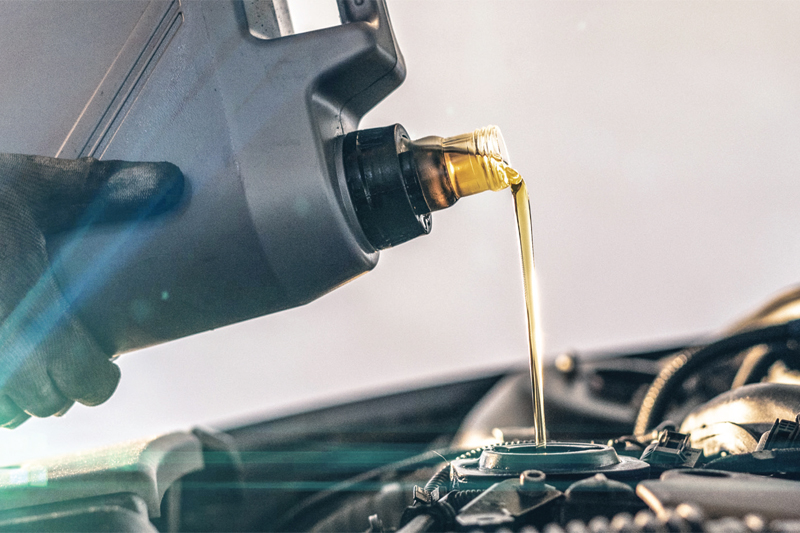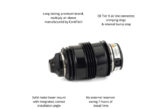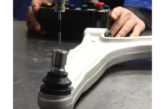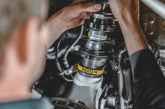
Ultra-low viscosity lubricants are making a sizeable contribution to reducing vehicle emissions from modern vehicles, according to Andrew Goddard, Chairman of the Verification of Lubricant Specifications (VLS).
Engine technology has evolved significantly over recent years. To meet government requirements for reduced emissions and consumer needs for economy and performance, smaller engines are running at higher temperatures to maximise efficiency, power output and fuel economy. Less viscous, synthetic oils have been developed to support this improved engine performance and fuel economy.
Higher mpg has been an important target for vehicle manufacturers, as getting more miles per gallon means more efficient use of fuel, less fuel expended per mile and therefore lower emissions per mile.
These changes in engine design have triggered an update to the ACEA sequences, which identify relevant performance standards for lubricants specifically tailored to the European market. The current series that lubricant marketers are blending to were produced in 2016. Revisions were expected in 2018 and 2020. Now anticipated to release later in 2021, the upgraded sequences for light-duty engines are likely to include performance changes required by the original equipment manufacturers (OEMs) together with the replacement of four key tests. Three important new tests are likely to be included, reflecting the introduction of new engine technology and the challenges facing today’s high-performance engines.
A report commissioned in 2019 highlighted the significant contribution already made by engine lubricants to improving fuel economy and lowering CO2 emissions. The study, produced by independent Global Engineering & Environmental Consultancy Ricardo, estimated that:
- The direct benefit from engine lubricant technologies would deliver 1.2–3.9 Mt CO2 e/year of avoided emissions in 2020 (compared to 2005 lubricant technology) and will continue to reduce emissions by a further 0.9–2.7 Mt CO2 e/year by 2030
- When indirect benefits are also considered, total avoided emissions were estimated to be 17.8–33.4 Mt CO2e/year in 2020 and additional reductions could reach 6.0–9.0 Mt CO2 e/year by 2030
- Lubricants have delivered an important portion of the decarbonisation of the EU; avoided emissions account for 2.2 up to 4.1% of reduction per year in road transport CO2 emissions to 2020. The expectation was this could lead to an additional 1.0–1.3% reduction by 2030.
These highly efficient, ultra-low viscosity lubricants may be doing an important job to help reduce emissions, but are they suitable for the ageing vehicles being serviced in your workshop? Will they become the norm for servicing? Traditionally, when newer oils were developed, they were designed to be ‘backwards compatible’. This meant that if they claimed to meet a particular standard, such as GF-6A, they would be compatible for applications where oils meeting GF-5 or earlier gasoline engine oil standards are recommended. However, this is becoming increasingly difficult as modern engines develop so quickly.
According to the European Automobile Manufacturers Association (ACEA), 2021 ‘Vehicles in Use’ report, the average age of vehicles on the UK roads is eight years old. With the economic impact of the pandemic and the huge reduction in new car sales, we can expect to see that number rise. On the one hand, this is good news for workshops. With more older vehicles on the roads, there is more demand for servicing, repairs and MOTs. However, as the average age of the vehicle parc increases, special attention needs to be paid to regular maintenance and servicing to ensure the vehicle stays in optimum condition and does not start to produce higher emissions. Engine oil choice can also become more difficult.
Using the wrong oil risks accelerated wear to gears and bearings. Left unchecked, it could lead to eventual engine failure, meaning higher maintenance costs for your customers and potential damage to your business’ reputation. If you are in any way unsure of which oil to use, get in touch with the OEM or use an online database where you can type the vehicle number plate in to receive specific oil recommendations.









